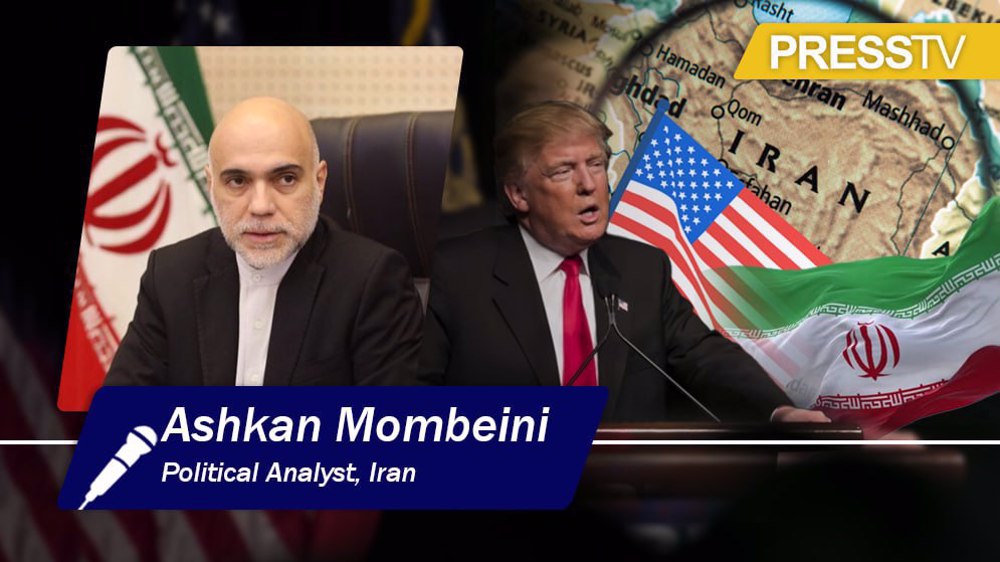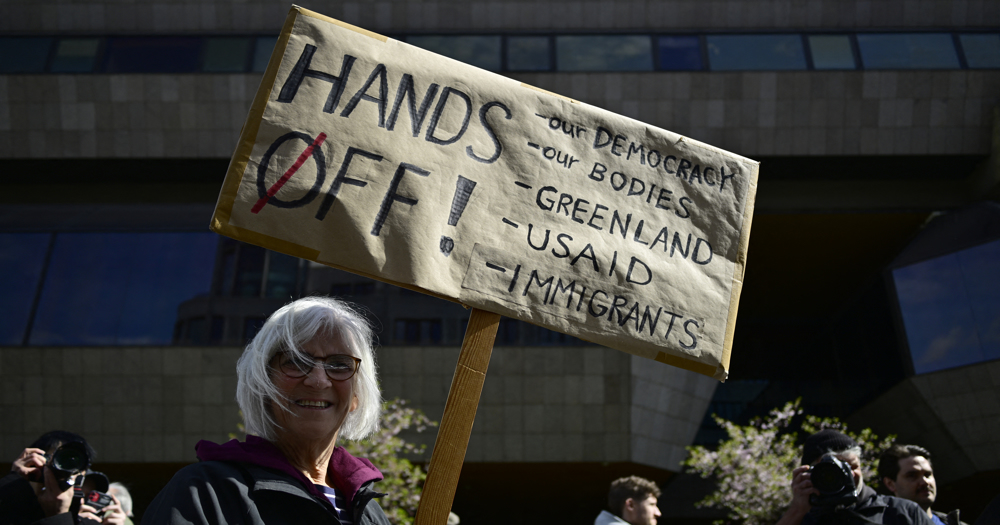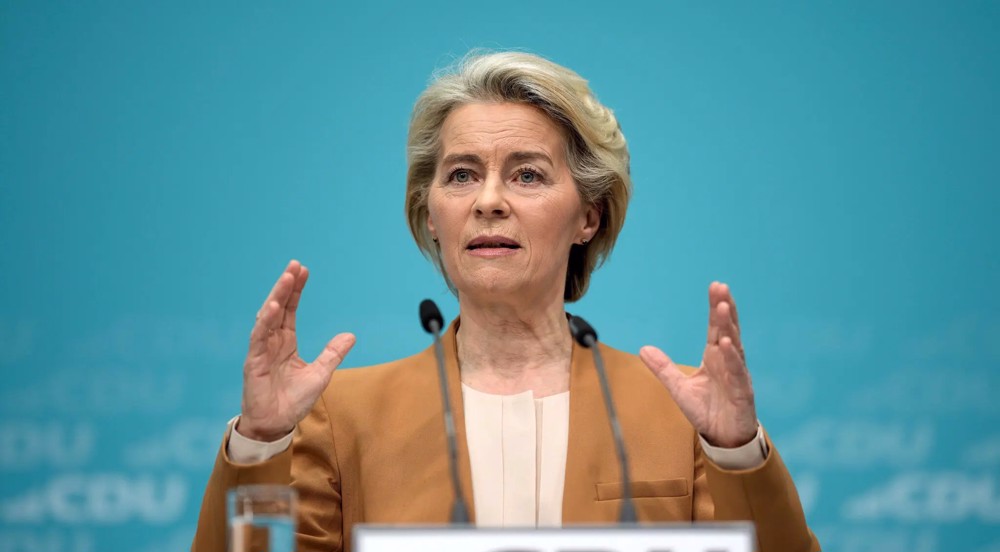Trump tariffs spark condemnation as global markets suffer from shock
US President Donald Trump’s sweeping tariffs on imports have ignited threats of global retaliation, with governments and companies rushing to formulate countermeasures to mitigate the consequences of the US action.
Trump, on Wednesday, imposed a 10% baseline tariff on all imports to the United States and higher targeted duties on some of the country's biggest trading partners.
"The operation is over! the patient lived, and is healing," Trump wrote on social media.
French President Emmanuel Macron on Thursday called on European companies to suspend planned investments in the US.
"I think what's important, and that's all the work that must be done by sector, is that the investments to come or investments announced in recent weeks should be suspended until things are clarified with the United States," Macron said during a meeting with French industry representatives.
The world’s second-largest economy, China, has vowed retaliation for Trump's 54% tariffs on imports. Similarly, the European Union announced it will introduce measures to counter the US’s 20% duty.
China on Thursday urged the United States to immediately cancel its latest tariffs and vowed countermeasures to protect its interests.
The US move disregards the balance of interests reached in multilateral trade negotiations over the years and the fact that it has long benefited greatly from international trade, China's Ministry of Commerce said in a statement.
The European Union also announced it will introduce measures to counter the US’s 20% duty. "The consequences will be dire for millions of people around the globe," EU chief Ursula von der Leyen said.
The German Economic Institute (IW) estimated the tariffs would wipe 750 billion euros ($833.63 billion) from the region's economy.
Germany’s Minister of Economy Robert Habeck suggested closer economic ties with Canada and Mexico, which are considered the US’s biggest trade partners and have not been subject to the tariffs.
"Opportunities for new alliances are emerging that we should use determinedly and decisively," he said.
Trump has already harassed NATO allies with demands for higher defense spending.
South Korea, Mexico, India, and several other US trading partners said they would hold off for now as they seek concessions before the targeted tariffs take effect on April 9.
Mexican officials said they would continue negotiations with the Trump administration.
Canada has said it needs to overhaul its economy to be less dependent on the United States and has vowed to retaliate against Trump's tariffs.
Canadian Prime Minister Mark Carney said Thursday he had spoken to German Chancellor Olaf Scholz about furthering trade ties.
"As we face the crisis caused by President Trump’s tariffs, reliable trade partners are more important than ever," he said on social media.
Trump also slapped a 24% tariff on Japan and a 25% tariff on South Korea, both home to major US military bases. He also hit Taiwan with a 32% tariff.
Reports indicate the tariffs set by Trump’s administration are the highest in more than a century, making imports to the world’s largest consumer market now face an average duty of 22.5%, up from 2.5% last year.
The so-called “reciprocal tariffs” have sparked major turbulence across the world, marking the end of an era of trade liberalization that has shaped the global order for decades.
The US president claims the move is a response to barriers put on US goods, though his list of targets includes allies, uninhabited Antarctic islands, and impoverished countries in Africa.
His administration says the tariffs would create manufacturing jobs at home and open up export markets abroad, though officials cautioned it would take time to see results.
Economists assess that the tariffs could reignite inflation, raise the risk of a US recession, and boost costs for the average US family by thousands of dollars - a potential liability for a president who promised Americans to reduce the cost of living.
Press TV’s website can also be accessed at the following alternate addresses:

US revokes all visas held by South Sudanese passport holders

Trump's war rhetoric against Iran to impose heavy costs on US and allies: Analyst






 This makes it easy to access the Press TV website
This makes it easy to access the Press TV website